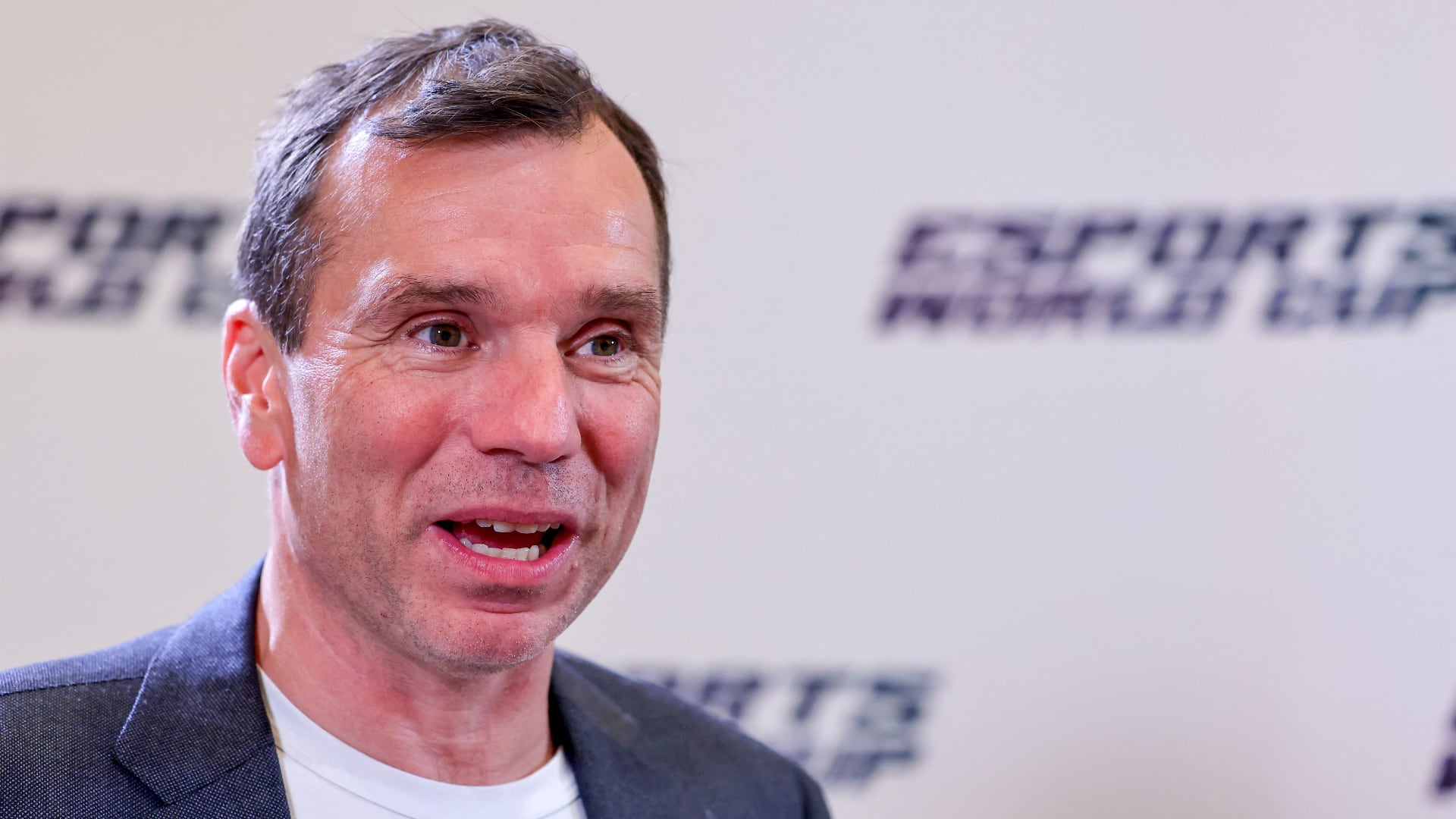*By Chloe Aiello* In a big year for mergers and acquisitions in the health-care industry, consumers are right to fear rising insurance premiums and prescription drug prices. But eHealth ($EHTH) CEO Scott Flanders told Cheddar on Tuesday that vertical integration, like Aetna's merger with CVS, might actually help combat rising costs by creating more choices for consumers. " \[Vertical integration is\] likely to expand access to health care. We are actually excited about that merger," Flanders said. In the health-care industry, Flanders said, it's always better to have more options for drugs and insurance, because more choice equals more competition. And more competition means lower prices. Take UnitedHealth Group, a health insurance giant that has been spooking competitors with a rash of recent deals to expand its physician's arm, Optum, [Forbes reported](https://www.forbes.com/sites/brucejapsen/2018/04/18/the-buying-binge-of-unitedhealths-optum-is-only-just-beginning/#6578a99c192d). "UnitedHealthcare is making some very exciting acquisitions that we think is going to improve the total access to health, so it's all good," Flanders said. But more choice can also create confusion, especially in an already-convoluted industry like health-care. And that confusion can prevent consumers from shopping around for the best plan. "We want the audience to shop because shopping will bring them a better price," Flanders said. And Flanders knows a little something about health-care pricing. EHealth's website eHealth.com is an online insurance marketplace that Flanders calls the Expedia ($EXPE) of health insurance, except that "it's not as much fun to choose health insurance as book a vacation." The company aims to help consumers compare plans and prices to find the best insurance coverage for their specific needs. In matters of M&A, Flanders isn't so worried about a pharmacy and an insurance provider merging. But what does concern him is major players in the same corners of the industry that attempt to merge. He referenced the proposed Humana and Aetna merger, which died in 2017 after former President Barack Obama's Department of Justice won an antitrust case against the two. "The horizontal mergers ー these big guys, big insurance companies combining ー is going to bring less choice to the consumer, and not a good thing," he said. And while mergers and acquisitions are all the rage in the health-care industry right now, Flanders said it's unlikely eHealth would ever consider a buyout. "We really think it's important for eHealth to remain independent, because that way we can be the neutral adviser to the consumer. We like to say we are insurance carrier agnostic," he added. For full interview [click here](https://cheddar.com/videos/ehealth-ceo-some-health-industry-mergers-may-mean-more-choices-better-access).












